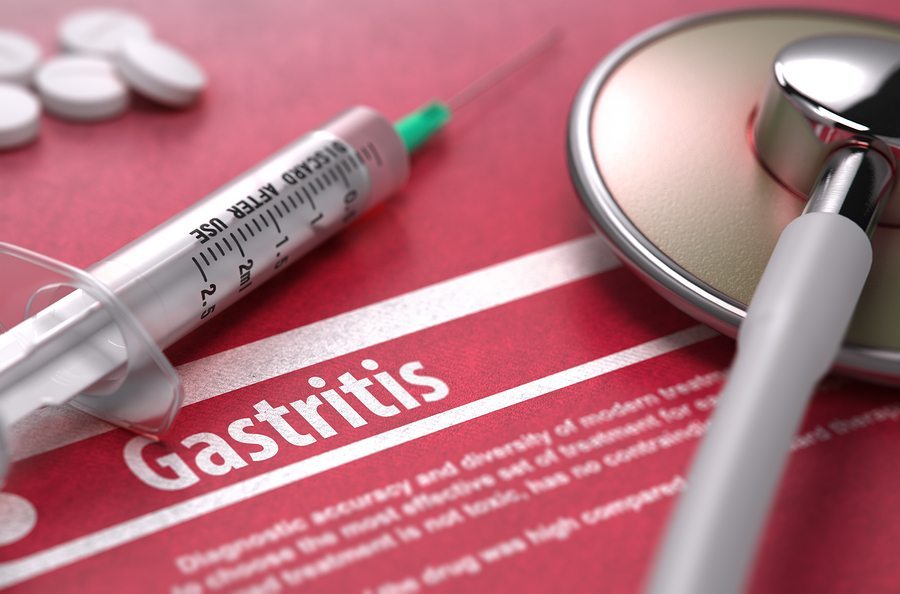Causes and Treatment of Gerd: Gastroesophageal Reflux Disease

If you suffer from the digestive disorder known as Gastroesophageal reflux disease or GERD, this article will help you better understand its causes as well as some potential solutions.
This disorder mainly affects the lower esophageal sphincter, a muscle section between the stomach and the esophagus.
Stomach contents are refluxed or sent back upwards into the esophagus resulting in acid indigestion, heartburn and other maladies.
What Causes GERD?
Many Doctors believe that a weak lower esophageal sphincter causes GERD. It opens back up after food enters the stomach and allows the stomach’s contents to move up back into the esophagus.
Doctors also believe that hiatal hernias cause the reflux disease as well. Hiatal hernias are known to weaken the lower esophageal sphincter.
This style of hernia occurs when the top section of the stomach moves upwards to the lower chest through a space in the diaphragm, allowing the stomach’s contents to reflux.
Hiatal hernias are caused by pregnancy, obesity, severe straining of the body, extreme and rapid physical exertion, coughing and vomiting. It is also important to note that smoking contributes to the relaxation of the lower esophageal sphincter which leads to GERD.
How GERD is Best Treated

In plenty of situations, changes to your diet and lifestyle can cure GERD but in more extreme cases, medication and surgery are necessary.
A surgeon can perform surgery to reduce the hiatal hernia’s size in order to reduce GERD.
This disease can also be caused by the consumption of specific foods and drinks that stimulate stomach reflux. These include chocolate, fried foods, fatty foods, spicy foods, citrus fruits, citrus juices, tomatoes, pepper, alcohol, coffee and peppermint.
Cut down on these types of foods and drinks in order to temper your GERD or prevent it from occurring in the first place.
Avoid eating your dinner immediately before sleeping. Try to eat your meal at least three hours before your bedtime in order to prevent the stomach from accumulating acid and remaining full while you sleep.
Or try elevating the head section of the bed with specially designed six inch blocks or buy a “wedge” to lift your head up a bit to prevent acid from refluxing in the stomach while you sleep.
GERD often happens when you lie down or bend over for extended periods of time. Try to stand for a good portion of your free time.
If your GERD persists after attempting each of these remedies, taking an antacid once per day might help prevent acid from accumulating in the esophagus.




